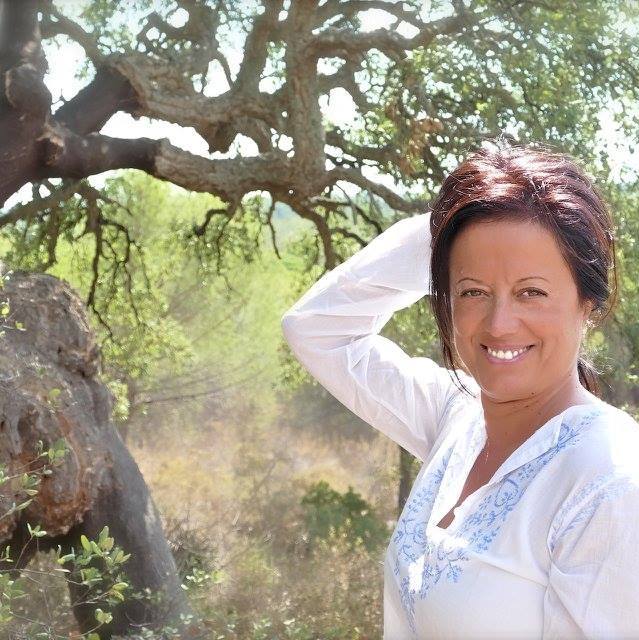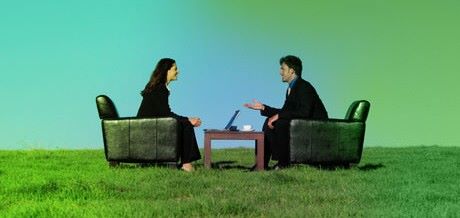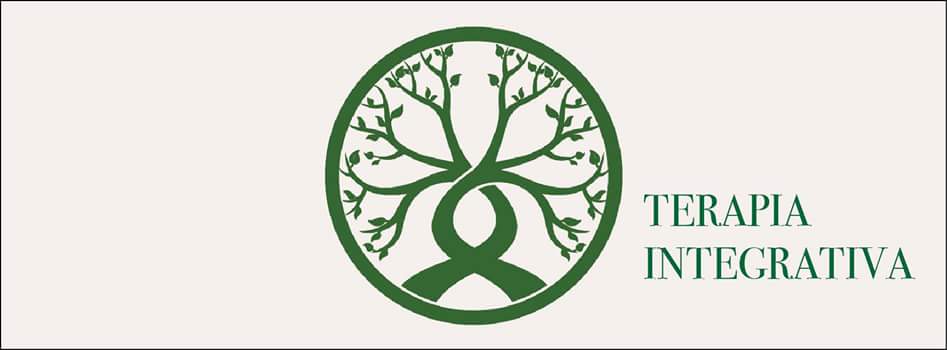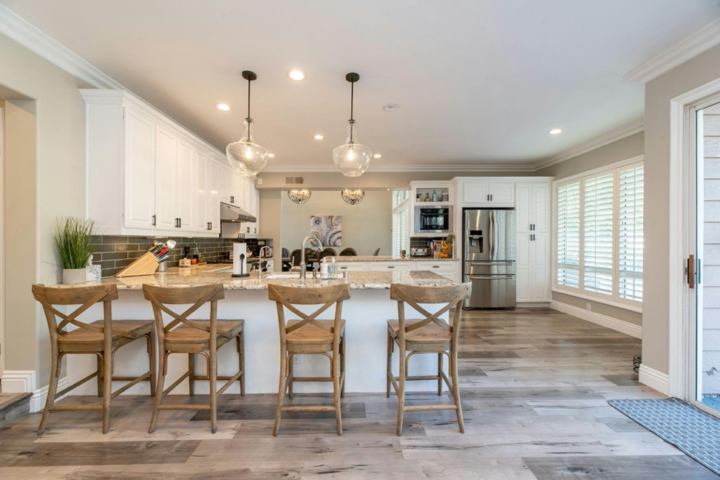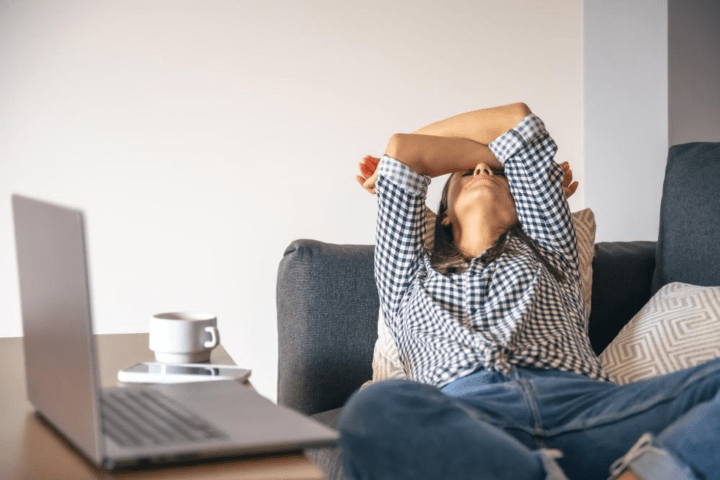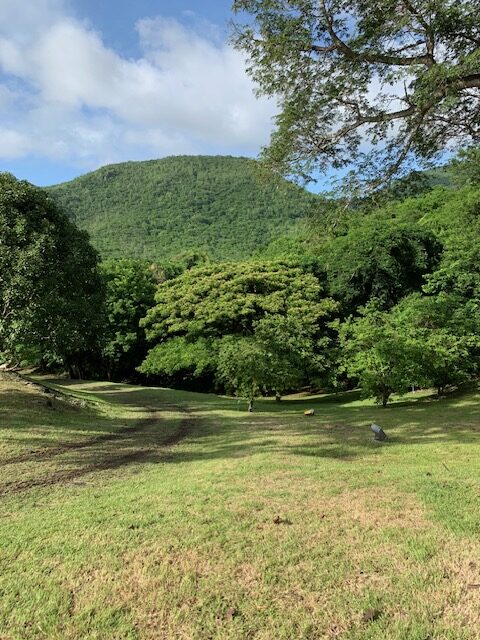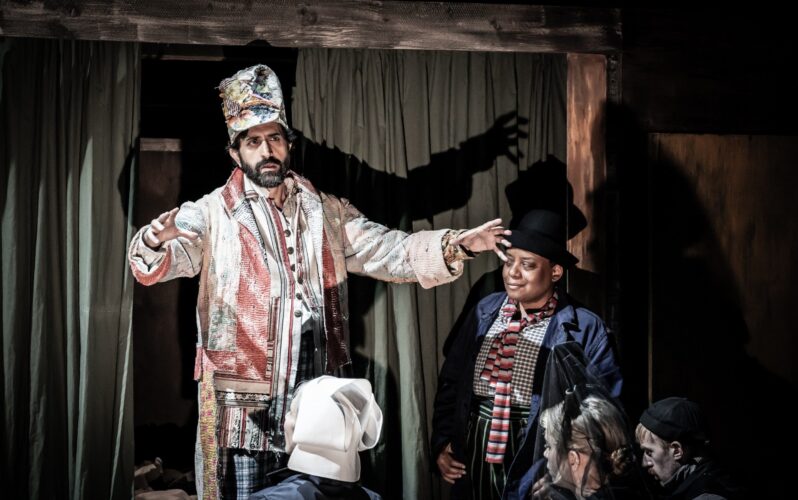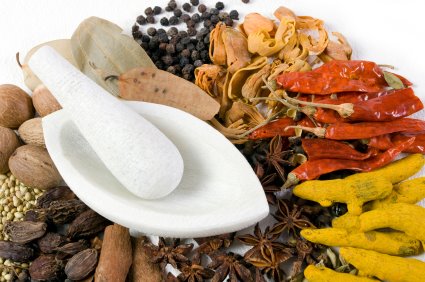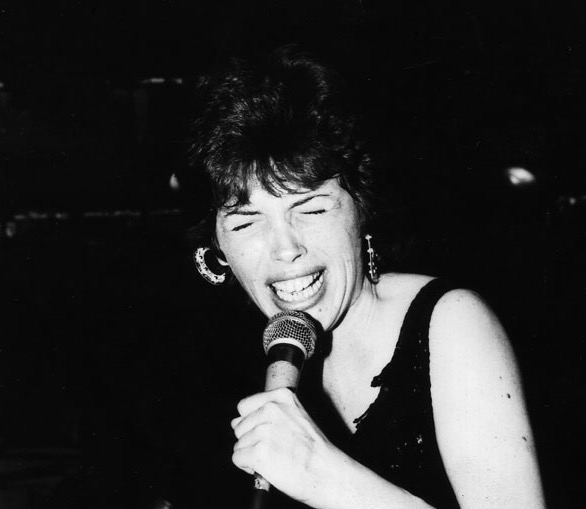Integrative Therapy with Patricia Ventura
My intention in sharing information about healing is to offer readers a different perspective on health. Most of the time my focus is on why people are not healing, because there are so many layers around it, and also most of us are as afraid of healing as much as of illness. Since change is one of the most frightening aspects of life, most of us fear more to change "our ways" than illness itself and thus return to patterns of self-sabotage. One of my main personal investments at the present time is the practice of understanding the body and how to heal the spirit. I am very grateful for this opportunity to be part of Pierre’s beautiful project. May these insights help you to gain clarity, to support, love and celebrate your individuality more and more. Be happy and enjoy today. With love and blessings,
1- What exactly is "Terapia Integrativa"? How and when did it originate?
Integrative therapy was born from my personal experience observing body, mind and spirit reactions around pain and trauma and connections with our emotional, spiritual and cultural life; this led me over the years to integrate body, mind, spirit and society into a viable way of treating an unbalanced system as part of a whole, not in isolation from the society in which we live.
My background of 22 years as a massage therapist helped me immensely, because I came to realise that although pain can be felt in muscular tissue, there is no guarantee that it is purely a physiological issue.
Every approach is different and carefully examined within a space of mutual respect and compassion.
Each approach offers explanations or even insights into human behaviour and also an understanding of deep family patterning.
It is important that clients are committed to self-exploration and open to identifying what factors in their life may be perpetuating problems or causing current imbalances.
2- Is the healing process based on conversations?
The process of healing and change through conversation is subtle.
The feelings of love that emerge in us during a meeting are neither romantic nor erotic. They are our own embodied responses arising from participation in a shared world of meaning co-created with human beings who trust each other allowing transparency and comprehension.
As Maturana (1978) wrote "the only transcendence of our individual loneliness experience arises through the consensual reality that we create with others, that is, through love.”
3. Can bodywork or other types of therapy be part of it?
From my personal experience, sensorial observation is the beginning of it all.
Other approaches can be applied according to what is available to explore and with what kind of reality we start with.
4- Is it a lifelong process or a quick fix?
Healing is a journey of inner discovery, of how to face ourselves in all circumstances of our existence: birth, child, teenager, adult, old person and death.
The influence or the existence of time in the healing journey has its roots in archetypal tribal beliefs of the power of time over matter and it is my belief that our purpose in life is to reconnect with the symbolic meaning around healing. This gives real support to the physical path we need to follow for true healing to occur.
5 -Can people who have missed out on vital stages of development, such as those who were rejected by a parent, ever fully recover and live happy and fulfilling lives?
The lack of an emotionally attuned and consistently available parenting figure is a major stress for a child, for instance when the parent is physically present but emotionally disconnected. Children may develop addictive behaviour due to alienated parenting such as: television, computer games and food. As a therapist said: "Children swing in their parents’ unconscious like fish swing in the sea".
Recovery is possible.
Seeing recovery as a narrow road towards healing involves choosing and at some point in that road it is all or nothing. My own recovery can be summarised thus:
My life is the experience of choice: spiritual choice.
Every flash of love, fear or anger, or even joy ignites a consequence.
I cannot afford to be afraid of small choices any more.
I cannot afford to say things that are not true, or to fear what others do or say to me.
And I truly hope that other people do not fear me, my opinions or even my thoughts of them.
I do not wish to be someone who scares, or carries darkness in my heart about other people.
If I am such a person, I need to see that darkness in myself and heal it.
I ask humbly for the grace to see clearly, love fully and to have the courage to make life better for one other person than myself… Every day.
I am profoundly grateful for this precious gift of life that is being shared with the rest of humanity.
Hover over me God, now and forever. Amen.
6- What do you mean by addictive behaviour?
Whether it is shopping, relationships, food or substances, addictive behaviour is an attempt to get away from pain, abuse and trauma.
The point is that whether pain exists emotionally in the mind or physically in the body, addictions begin with pain and end with pain.
As Dr.Gabor Mate explains: "All the substances of abuse are actually pain killers, and experiences of emotional rejection "light" the same part of the brain as being stuck with a knife."
7. How can we stop it?
"Whatever you do, don't try to escape from your pain, but be with it.Because the attempt to escape from pain is what creates more pain".Tibetan Book of Living and Dying
8 - How does the outside world affect us?
Our culture promotes competition, selfishness, aggression, personal gain and domination, all this "social pressure" sooner or later ends up affecting our neurobiological systems causing feelings of emptiness and lack of any internal nature.
We as humans are naturally wired for connection, contact, love, generosity and also connection to a larger whole.
Whatever interferes with this natural state of being may cause illness, dissatisfaction and an empty sense of identification.
9 - How can we protect ourselves from negative influences?
Clients may come to an awareness that negative influences were what made them unbalanced, sick and unhappy. If there are symptoms of stress such as isolation or compulsive behavior it is vital to reach out for help from family, close friends and professionals. It is important to be really aware of our inner reality. There is a severe tendency to label unfamiliar yet healthy life choices such as: vegetarian habits, not drinking, no smoking with a negative connotation.
In my personal experience as a therapist most people have a deep fear of change; it sounds dangerous and scary when it is not. My personal investment at the present moment is to be able to heal body and spirit. What most people label as negative can be a result of many things and involve inner spiritual landscapes. The program developed with clients is to achieve healing not separation.
10. Are we attached to family karma?
Based on my personal experience, diseases and patterns circulate inside the family constellation, and if not recognised, treated and released will be passed onto the next generation.
11- How can we detach ourselves from negative patterns?
It is not easy but we can come to terms with and detach ourselves from what we didn't get from our parents and learn to deal with what is expected from us as adults, despite living with this emotional reality. Detaching also means going inside ourselves as a way to become aware of what is still running our biology.
I would like to emphasise commitment to a healthy you in order to have some acceptance regarding our stories. Acceptance may take time and be experienced after a session or during processing.
12 - Is cutting ties with our parents advisable in certain circumstances?
Exodus 20:12 "Honour your father and your mother, that your days may be long in the land that the Lord is giving you"
Our love, honour and respect for our parents shouldn't be contingent on their ability to love, honour and respect us. This is one of the most difficult truths for followers of Christ to accept. This is not to say that we confuse love, honour and respect with acceptance of negative or toxic behavior that hurts us and our families. We can set healthy boundaries while simultaneously expressing love, honour and respect.
13- You said "The constant pursuit of being successful and busy" is not only futile but self- destructive because ultimately it destroys everything and everyone involved with it". However, with so much financial pressure (paying school fees, rent, bills etc) how could we possibly renounce ambition and the wish for financial security when we naturally want the very best for our loved ones?
The constant pursuit of being successful and busy is actually renouncing personal freedom. Financial security is necessary and important, although becoming a slave in order to maintain appearances, when all along the inside is crumbling, is an act of slavery.
14. Could you give us an example of a beautiful transformation that happened to one of your clients?
Well, in twenty two years there are many surprising stories! One episode happened with a client suffering from severe asthma attacks who was unable to conceive. To cut a long story short, after the first treatment the asthma began to gradually recede with no medication and my client got pregnant. We also did breath work during pregnancy. I have seen the child and the family call her the Zen baby!
15. Do you think language can influence our thinking, our behaviour? Does someone raised in English, Dutch think differently from someone who has been educated in Portuguese or French, Swahili or Chinese?
The cultural and social environment of countries does influence people’s responses, behaviours and emotions. Just close your eyes and remember the stories of Jewish people and the Nazis and more recently the issues regarding refugees. Our world story is full of examples, and maybe just around the corner ...maybe your neighbour is new in your country, how do you feel about it? What was your first thought?
16. Where do you consult and in which languages?
It has been an amazing year because everywhere I travel there is an opportunity to share a healing or insights. I am currently working in the south of Portugal, Algarve and the sessions can be spoken in fluent English, Spanish and Portuguese.
Interviewed by Annie Clein and Pierre Scordia. FORM-Idea, 3rd July 2016.
